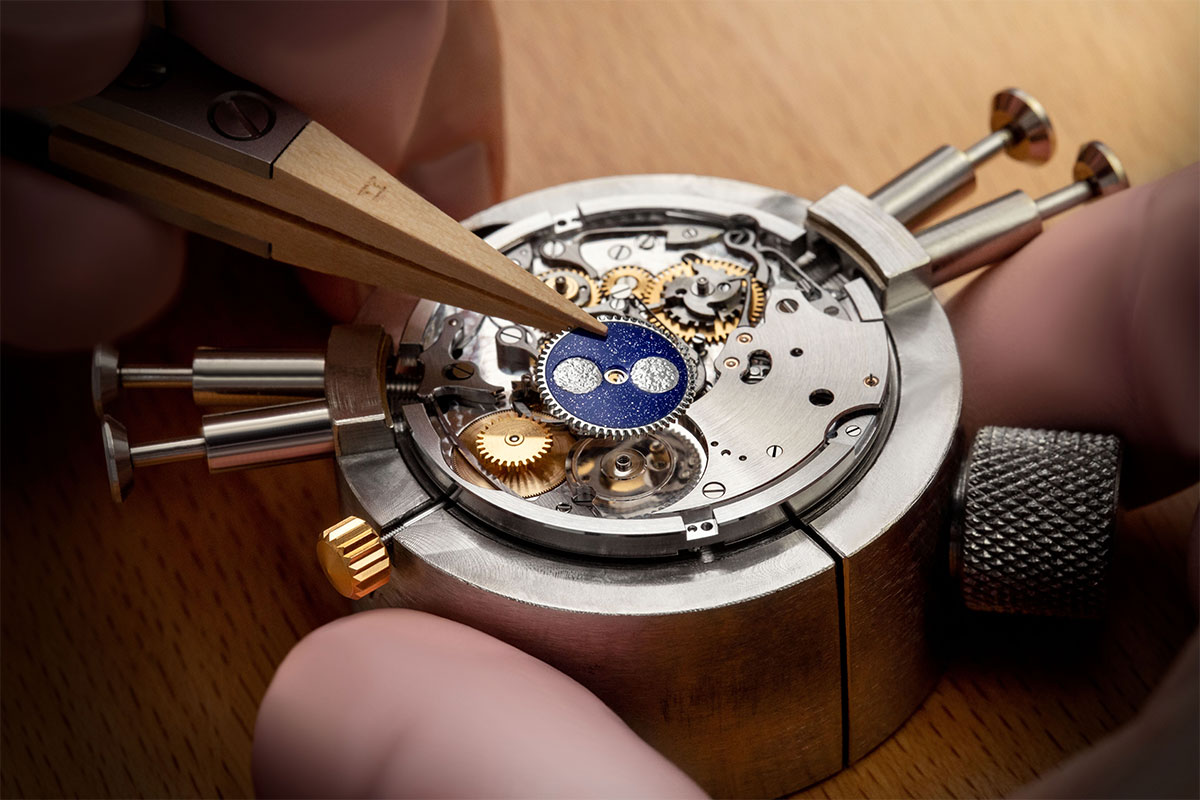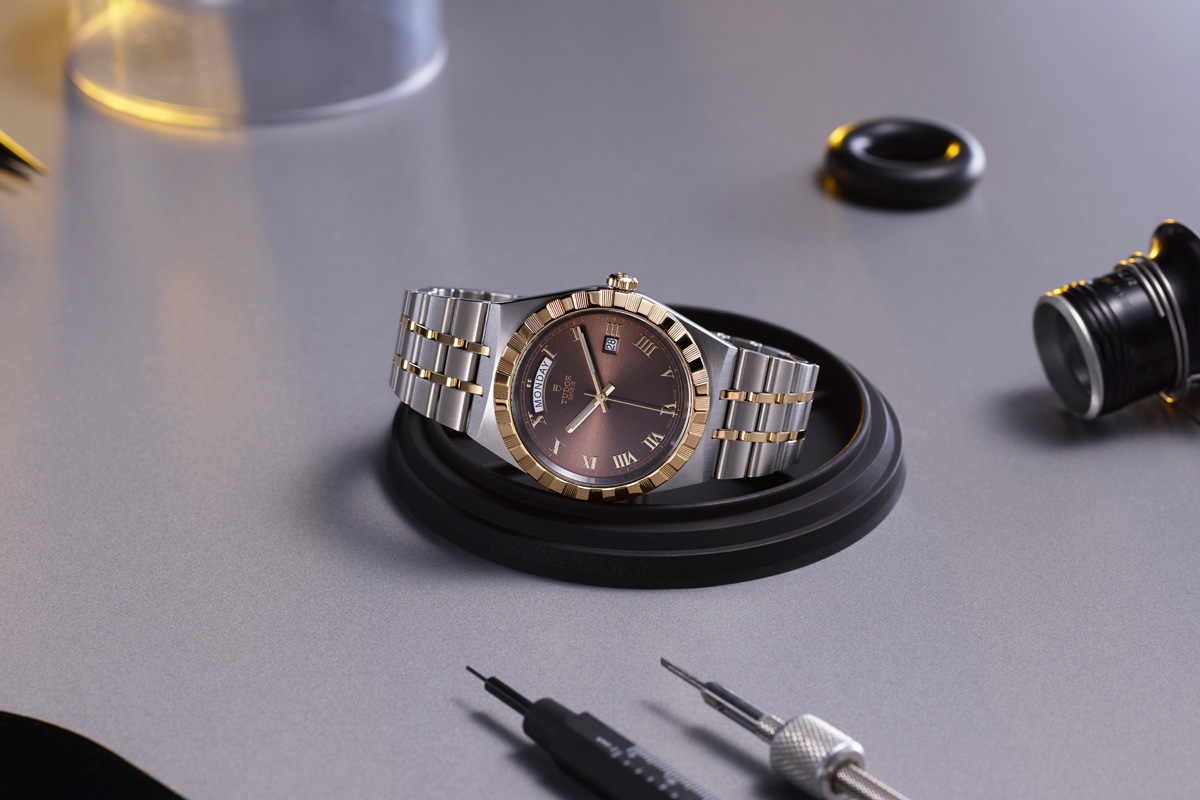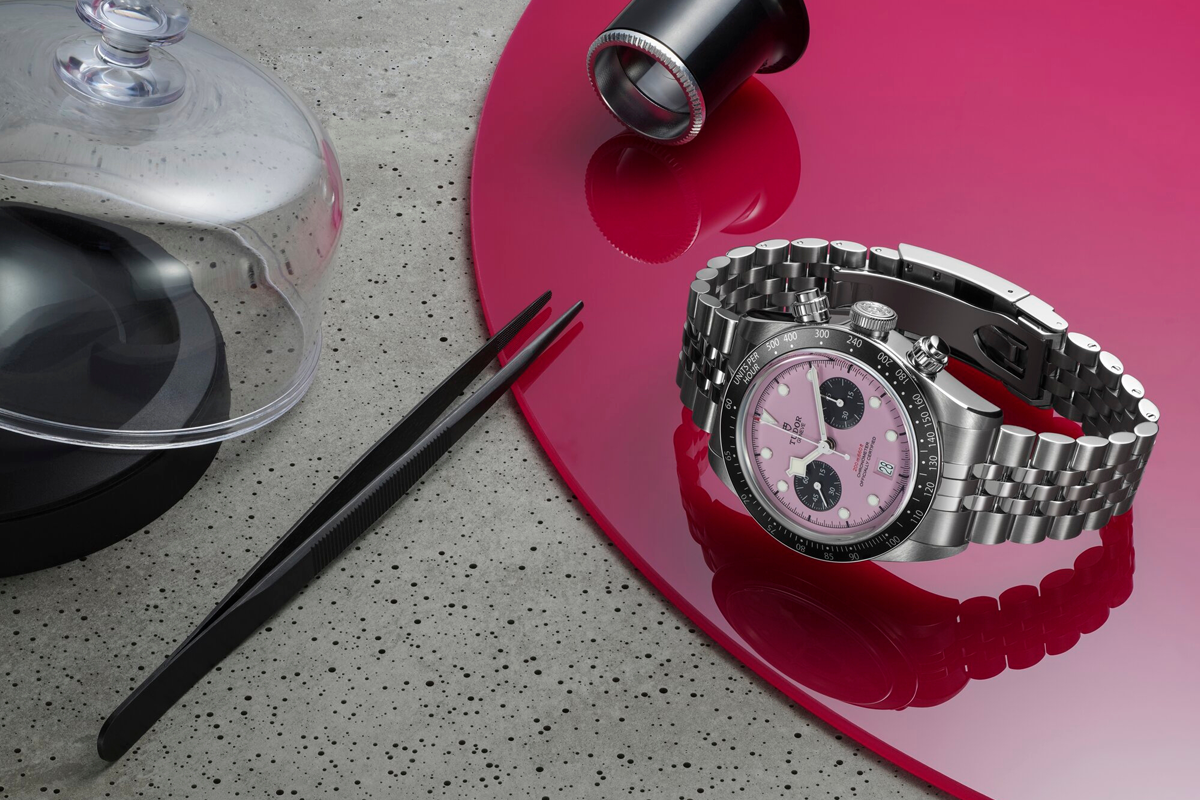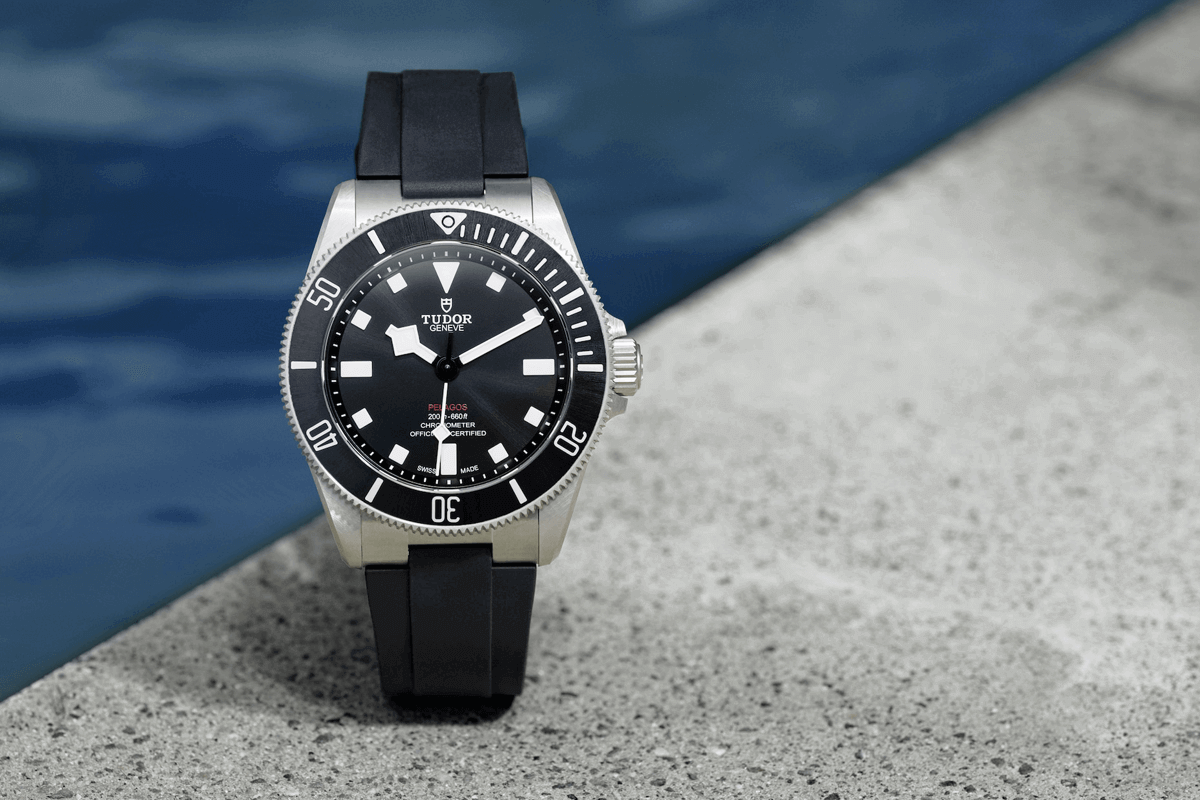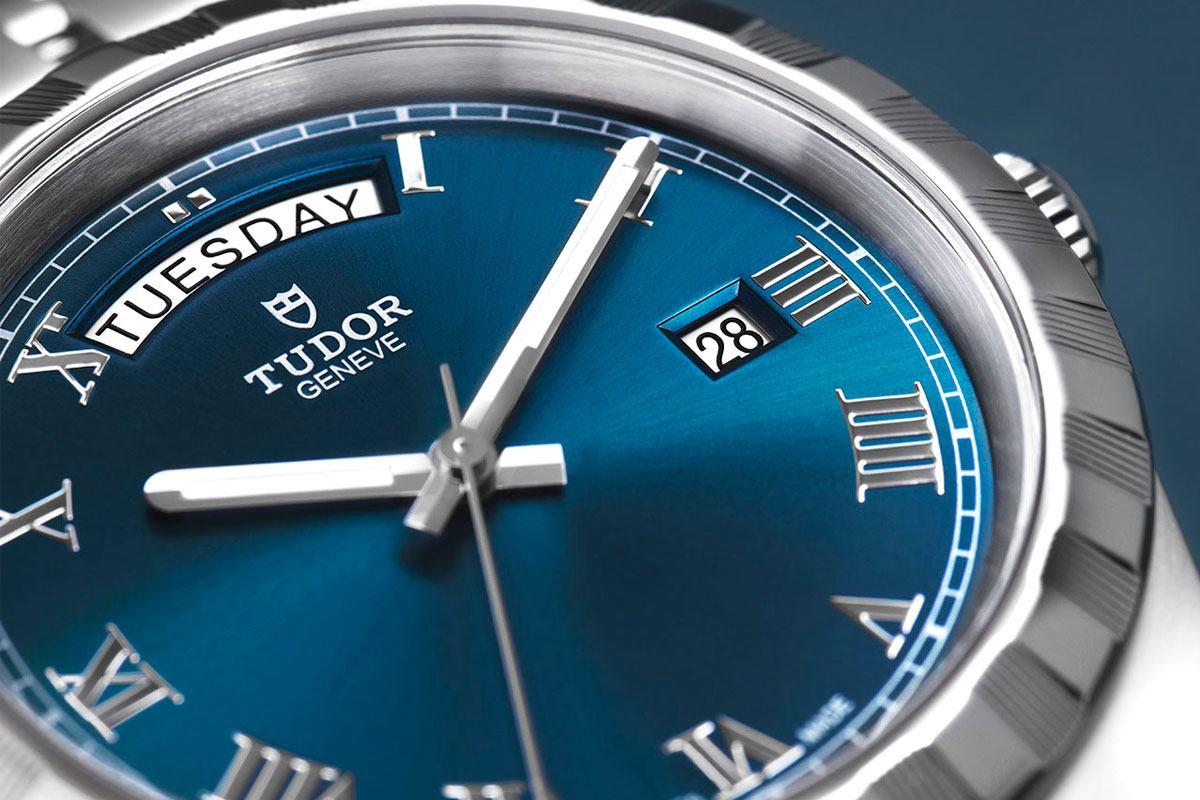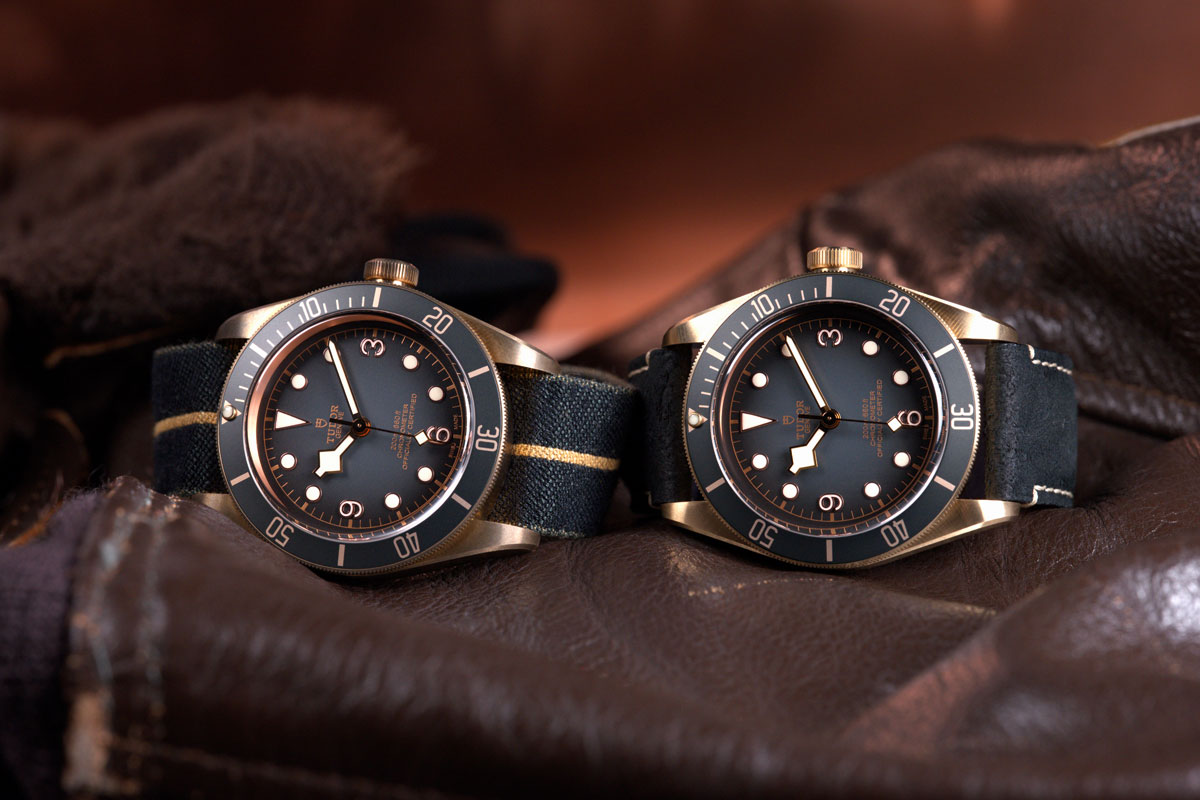
The history of wristwatches dates back all the way to the 1800s. It is easy to forget that dive watches have a comparatively short timeline than the others, as its first version of it was first seen in the 1950s. Founded in 1926, Tudor does not have the longest heritage, however, they are one of the pioneer manufacturers when it comes to dive watches.
Tudor’s affiliation with divers’ watch dates back to 1954, when they introduced their very first divers’ watch – the reference 7922. A few manufactures were also experimenting with their own version of a dive watch at the same time. Tudor’s combination of a robust, technical product, positioned at an assessable price, made their divers’ watch the ideal option for any organisation carrying out large-scale underwater activities.

French Navy’s combat swimmers wearing Tudor divers watches during an epedition.
Case in point is the relationship between Tudor and the French Navy. The collaboration began in 1956 when a small underwater research group called GERS (Groupement d’Étude et de Recherche Sous-marine) contacted Tudor to see if their divers’ watches were suitable for the French Navy’s combat swimmers. This was the starting point of a long-term partnership that saw Tudor watches on the wrists of divers from the largest navies in the world for close to half a century.
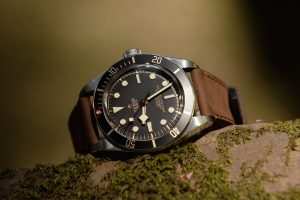
The Tudor Black Bay Fifty-Eight with a black dial
The reference 7924, or more commonly known to collectors as the “Big Crown”, was presented in the year 1958. This moniker was due to its prominent winding crown, a strengthened version of Tudor’s regular winding crown, which made it possible to offer water resistance to 200 metres. With this novel innovation, the watch became the inspiration for the modern Tudor Black Bay Fifty-Eight, which mimics the aesthetics of the reference 7924 and is equipped with the high performance and quality Tudor Manufacture Calibre MT5402, boasting a power reserve of approximately 70 hours.
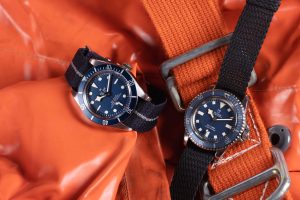
udor launched the Black Bay Fifty-Eight in navy-blue, available in multiple strap and bracelet options
In the mid-1970s, the French Navy, which had trusted Tudor to supply them with watches for nearly 20 years, opted for a blue alternative to the classic black dial divers’ watches at that time. For several years, there was a collection of Tudor Oyster Prince Submariners, coupled with the specific inscriptions engraved on the back (M.N. together with the last two digits of the year of issue). This evoked a life of aquatic adventure and made these watches, dubbed “TUDOR MN”, extremely popular among collectors. Given the origins of the timepiece, Tudor also launched the Black Bay Fifty-Eight recently in the iconic navy-blue colour (View full details of the 2020 novelty).
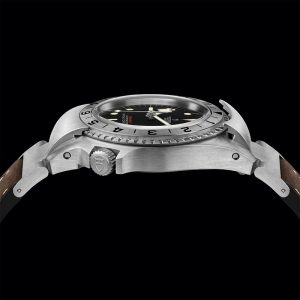
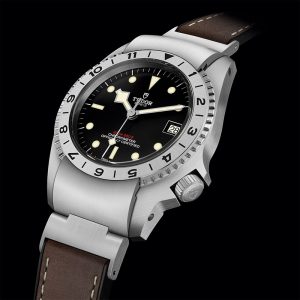
Tudor Black Bay P01
Yet another incredible story surrounding Tudor’s affiliation with military divers is the “Commando project”, which tells the story behind its modern reissue, the Tudor Black Bay P01. In addition to supplying the French Navy, Tudor also produced divers’ watches for the American Navy. In 1967, based on specifications set by the American government, Tudor began working on a new technical model to replace the Oyster Prince Submariner 7928. The result was the prototype ‘Commando’, which came with a hinged end-link system to provide a stop system for the bidirectional rotating bezel via a mobile end-link at 12 o’ clock. However, the project never reached the production phase and it was only in 2019 that Tudor launched the Black Bay P01, lifting the veil on a little-known aspect of its history.
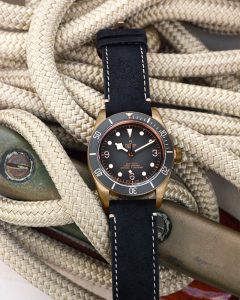
Tudor Black Bay Bronze presents a number of aesthetic nods to the rustic nature of life at sea
With such a rich history in the world of divers’ watches, Tudor continues to draw inspiration from its heritage, while incorporating state-of-the-art technology, exclusive innovations and pioneering creativity. Modern reissue is one way of bringing this naval heritage to the present day, but more than that, Tudor offers a host of new and interesting elements within their collections. Within the Black Bay collection sits the Tudor Black Bay Bronze, which presents a number of aesthetic nods to the rustic nature of life at sea and makes reference to anecdotes about the way generations of sailors have used Tudor watches. Bronze has always been a material associated with boat and ship fittings due to its resistance to the corrosion brought on by seawater. As for the NATO strap, which was created for military use, Tudor has managed to modernise this unique fabric strap by working with a French, family-owned company that to this day, continues to weave the straps using traditional techniques.
Related Read: Tudor Black Bay Fifty-Eight Navy Blue




